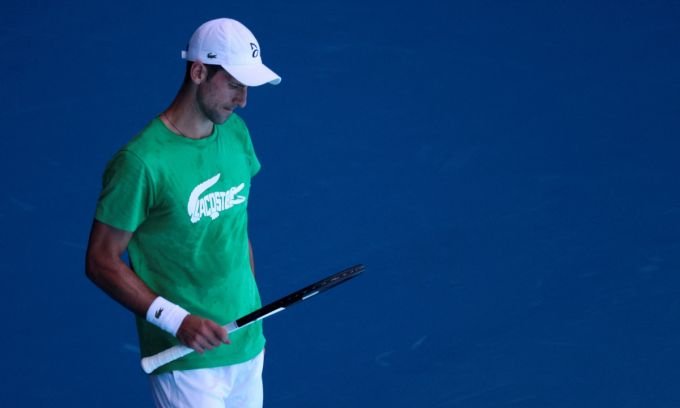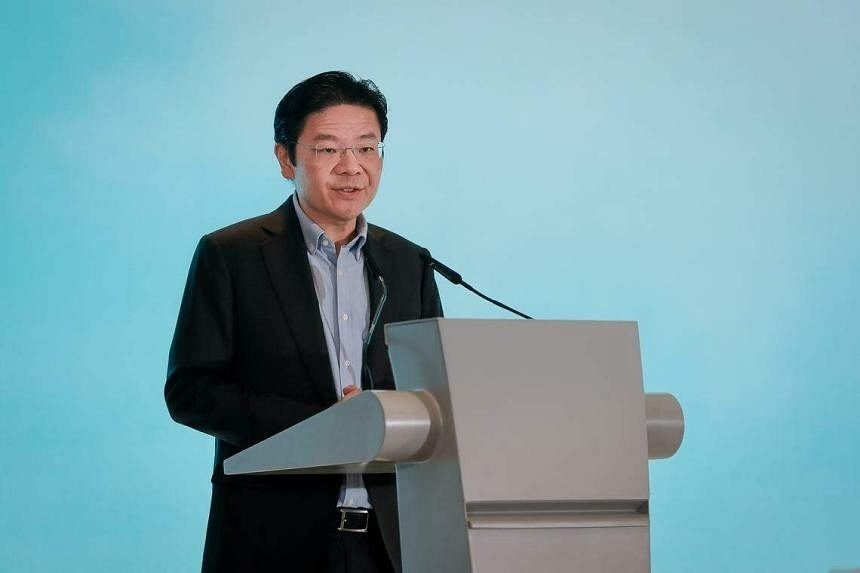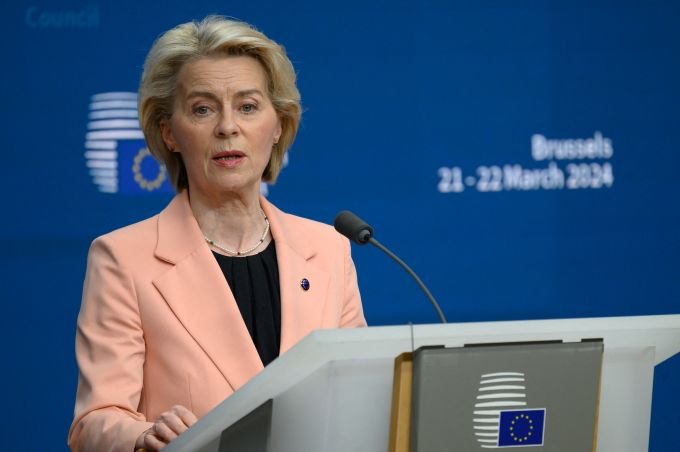Australia’s anti-epidemic policy makes Djokovic ‘hate’
The Australian Open tennis tournament begins on January 17 without the world’s top male tennis player Novak Djokovic, who had to `hate` leaving Australia on the night of January 16 to return to Serbia after losing the war.
Under Australian law, Djokovic could be banned from the country for three years, although Home Affairs Minister Karen Andrews did not rule out the possibility of reducing the penalty.
Australia is not the only country to ban entry to unvaccinated people who cannot provide a reasonable exemption, but it is the first country to apply the law to a famous person like Djokovic.
Prime Minister Scott Morrison said the government was protecting the sacrifices made by Australians during the pandemic.
Tennis player Novak Djokovic practices in Melbourne, Australia on January 13.
The Australian government has promoted the vaccination campaign as a way to get the country out of the pandemic, with more than 92% of people aged 16 and over fully vaccinated.
After the hearing on January 16, the government considered the ruling against Djokovic a victory for ordinary Australian citizens over foreigners who flout the rules.
Australia was one of the first countries in the world to close its borders in March 2020 when Covid-19 began to spread.
Australian law requires medical exemptions only for people who can prove they have experienced anaphylactic shock after vaccination, are allergic to any component of the vaccine or are significantly immunocompromised.
Perhaps because they were so impatient, the decision to cancel the visa the first time was overturned by a judge a few days later.
Hawke’s point of view is well-founded, because Australia is home to a small but persistent anti-vaccination movement.
Australia is also facing an Omicron wave, despite high vaccination rates.
Despite opening its borders, Australia still maintains very strict entry rules.
Travelers without a medical exemption must be fully vaccinated with any vaccine approved by the Australian Therapeutic Goods Administration, including AstraZeneca, Pfizer, Moderna, Sinovac, Bharat, Sinopharm and Johnson & Johnson.

People lined up waiting to be tested for Covid-19 in Sydney, Australia in May 2021.
The Australian Government may grant personal exemptions to certain visitors from overseas, including parents of Australian citizens and permanent residents, or the person accompanying a minor citizen to Australia.
Some international students are also allowed to return to Australia, such as medical students working in some hospitals in the country.
Australian regulations state that 72 hours before departure, visitors to the country must submit an Australian travel declaration, detailing their travel itinerary for the previous 14 days and submit a vaccination certificate.
What is more difficult when coming to Australia is that the country’s eight states and territories have different epidemic control regulations.
However, upon arrival in Western Australia, incoming visitors must be quarantined at a hotel for 14 days at their own expense.
Even for Australians, epidemic prevention regulations are still very strict.
When referring to Djokovic’s decision to cancel his visa, Prime Minister Morrison posted a message on Twitter, emphasizing: `The law is the law, especially when it comes to our borders. No one can be above the law.`














Post Comment